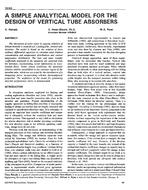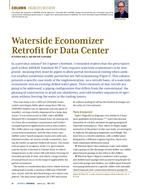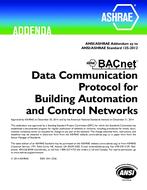The production, processing, and distribution of food consumes about 17% of the total U.S. energy supply. About 4% of the total energy supply is used for transporting food. Table l shows the energy consumption for the various components of the food system. Interestingly, this’ table shows that about one-third of the energy used in the food distribution system is for transportation by people to purchase food at retail stores or restaurants.
In terms of actual fuel use, approx. 12.5 billion L (3.3 billion gal) of diesel and gasoline fuel are used annually to transport farm inputs, commodities, and manufactured food products. Table 2 gives a breakdown of fuel use in the food and fiber system.
An estimated 30% of the manufactured foods require refrigeration during transport and distribution. The extra energy requirements for transporting refrigerated products range from 15% more for highway trailers to 30% more for dairy delivery trucks. The above information leaves no doubt that there is plenty of room for energy conservation in the food transport system. Continuing fuel shortages and skyrocketing fuel costs make planned energy conservation practices a necessity.
Gains in transportation energy conservation in the near future most probably will be attained through many small changes in management practices and technological developments rather than through a single or "miracle" development. The purpose of this paper is to review the existing and developing transportation management techniques and equipment technologies aimed at conserving energy during food distribution. As much as possible, the discussion will be limited to food transportation.
Product Details
- Published:
- 1981
- Number of Pages:
- 8
- File Size:
- 1 file , 920 KB
- Product Code(s):
- D-CI-81-08-2
- Note:
- This product is unavailable in Russia, Belarus


